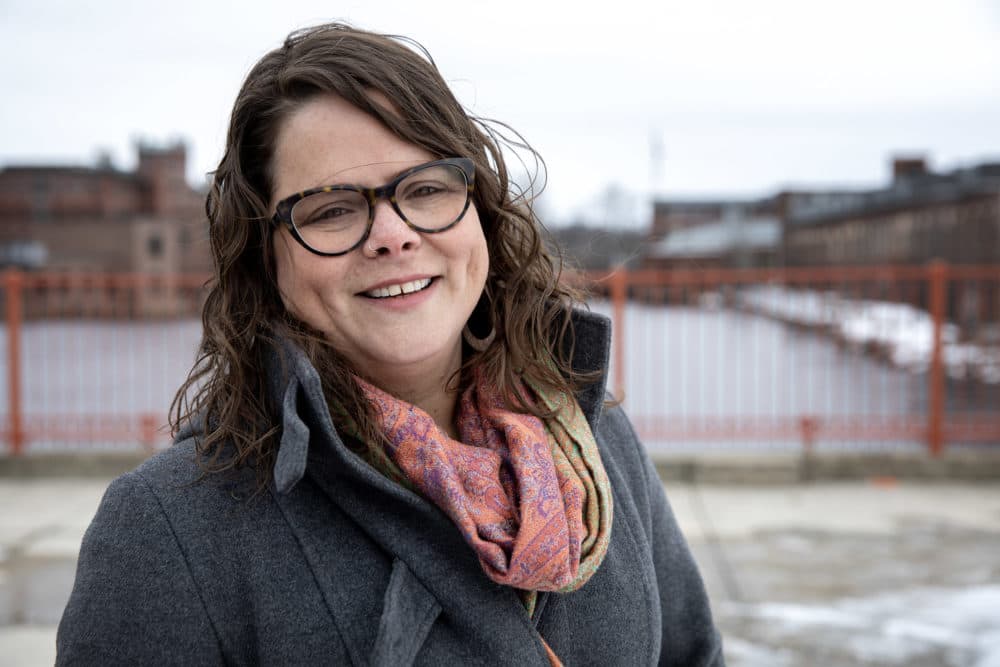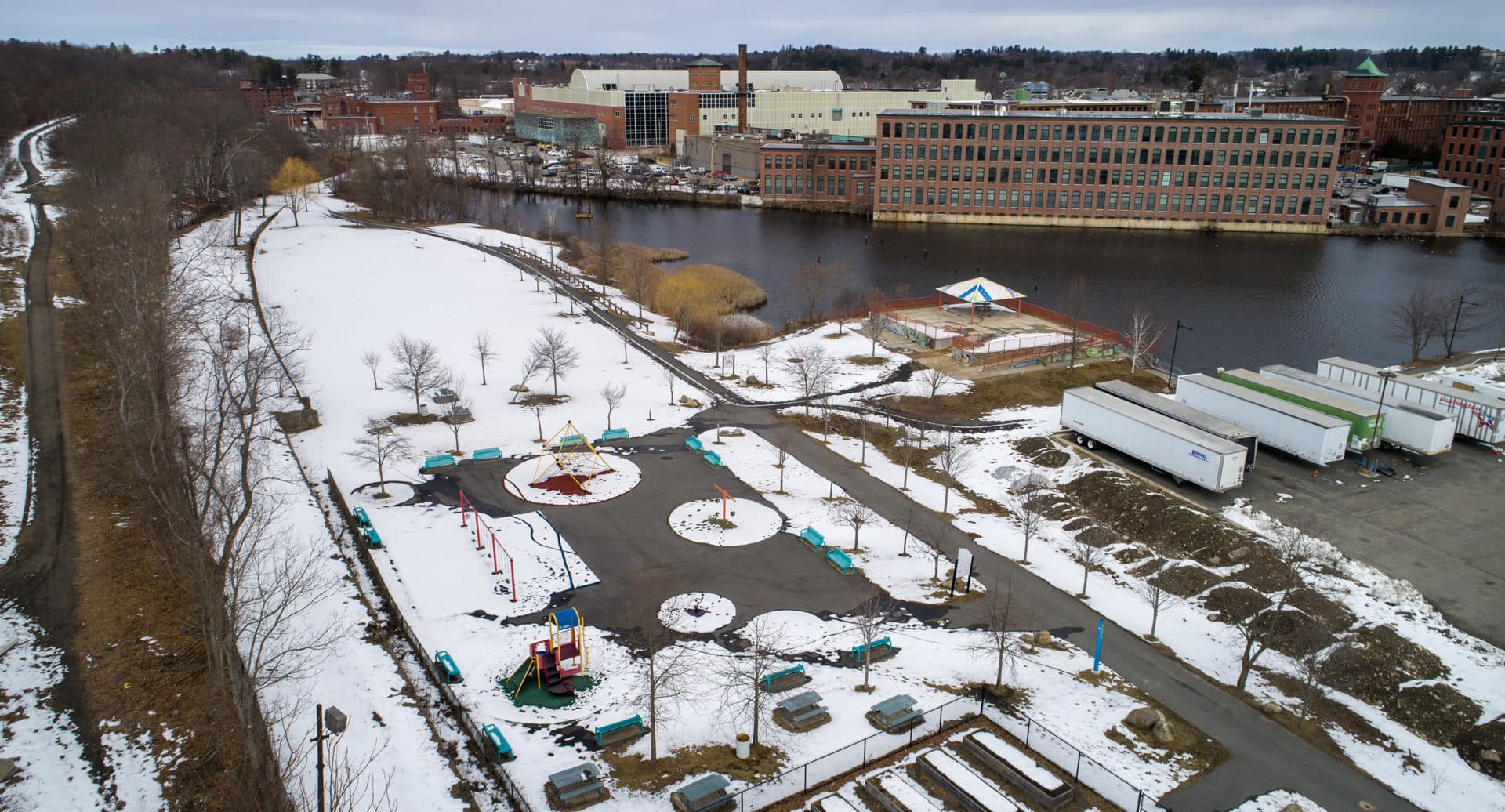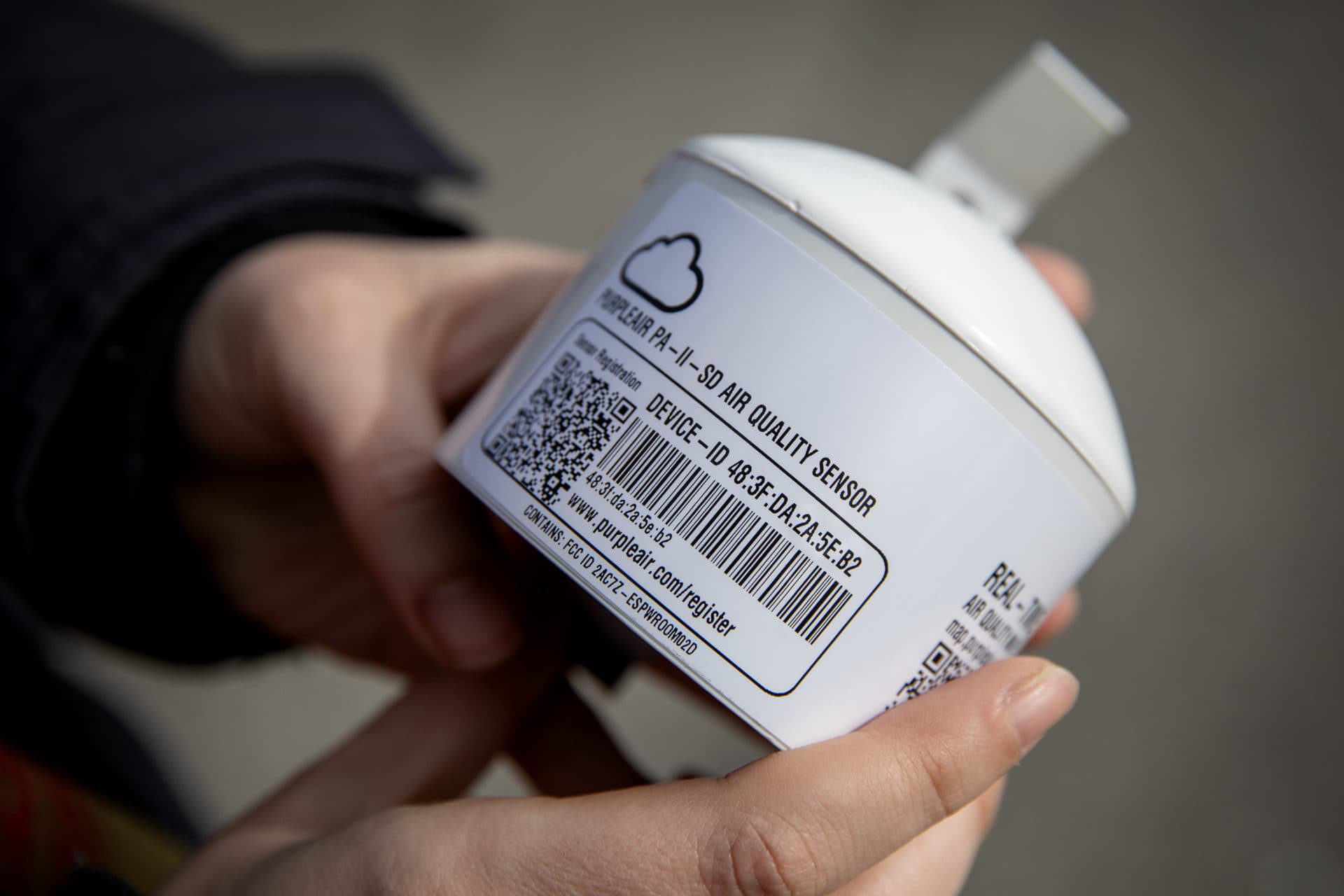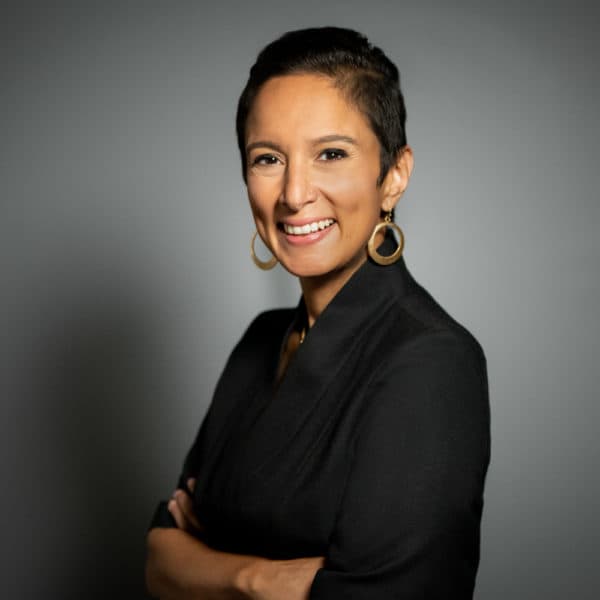Advertisement
Mass.' 1st environmental justice undersecretary plans to focus on communities of color

Manchester Street Park is a community park in Lawrence beside the Spicket River, featuring a playground and the start of a greenway that goes through the city. You'd never know it was once the site of a trash incinerator that left the land contaminated for many years.
The transformation of the space is a great example of environmental justice, says María Belén Power, the state's first ever undersecretary of environmental justice and equity, as she walks beside the river.
"Communities like Lawrence really represent sort of the epitome of environmental justice," she says, "of immigrant populations, of low income residents that are bearing the brunt, the burdens of the leftover sort of historic pollution that that we have created."
She started her new role, created by Gov. Maura Healey, last week. Power says environmental justice is often a misunderstood term. She defines it as "a disproportionate impact on Black and brown people and low income people, people of color."
"We think about environmental racism and environmental classism, and that seems a little bit more obvious," Power says. But that's what it is."

Power was born in Nicaragua and moved to the U.S. for college. She previously worked as assistant director of Green Roots, a community-based organization dedicated to improving the environment in Chelsea, where she still lives.
Chelsea has some of the worst air pollution in the state, which predisposes its residents — many of whom are immigrants — to higher rates of cardiovascular disease and respiratory illness.
Power's experiences have defined how she views the intersection of environmentalism and social justice, and how she approaches it. She says they've created her desire to work with communities of color and immigrants.
"There are so many barriers that folks face when they don't speak the language," Power says. "And that's why language is one of the criterion for defining environmental justice in Massachusetts.
"A lot of times, this sort of example in Lawrence — of a waterfront park, of open space and green space — is really not the experience of immigrants in Massachusetts."
Advertisement
Lawrence still faces a number of environmental issues that Power says are priorities, including air and water pollution and soil contamination.

The state is also working to electrify homes and old mill buildings there to be converted to affordable housing. Transitioning how these spaces are powered is better for the environment, and it also lowers energy costs for the residents that live in them. Some of this work is being done with settlement money that the state received after the natural gas explosions rocked the community in 2018.
"Ideally, we would be completely solar, wind and [other] renewable sources of energy," Power saus. "But that's sort of the reality, right? Like, we're transitioning. It's not going to be from one day to the next."
Power says as she continues to assess Massachusetts' environmental justice priorities, it will require a lot of listening.
"It will be making sure that communities like Lawrence, but also other communities across the commonwealth, feel included," she says. 'That they feel like there's meaningful participation. They feel like their voices are actually shaping the solutions and not just sort of checking the box, but that really, as we transition, that the projects that are approved are really improving the lives of people in Massachusetts."
This article was originally published on March 17, 2023.
This segment aired on March 17, 2023.

